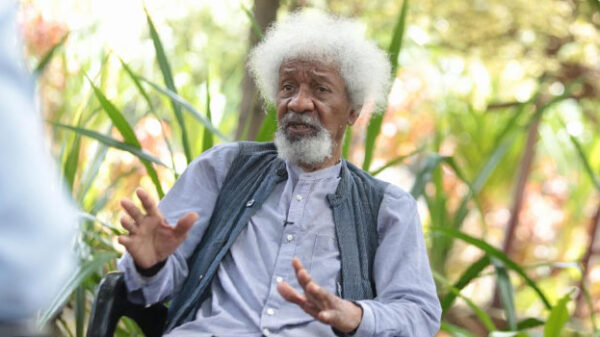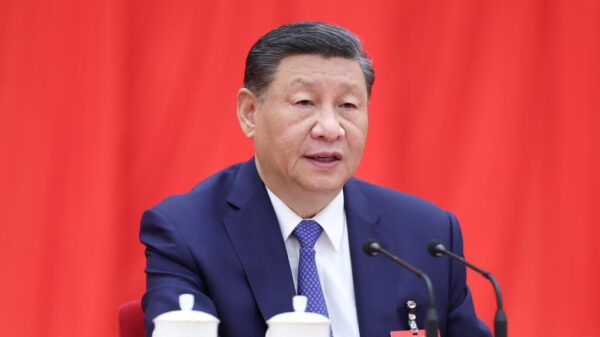BAIDOA, Dec 14 – Somalia’s president announced on Sunday he was sacking the cabinet but the premier rejected the move as unlawful and an attempt to scupper ongoing peace efforts with the Islamist-led opposition.
"As of now, I have sacked the prime minister and his current government and I will nominate a new prime minister within days," President Abdullahi Yusuf Ahmed told reporters.
"The government of Nur Hassan Hussein was unable to perform its duties and I am obliged to save the country," he added. But Hussein himself told AFP that the president alone did not have the power to sack him.
"The president was speaking in his usual personal capacity, contrary to the rules and regulations, as he is not mandated to sack the prime minister of the transitional federal government," Nur Hassan Hussein said.
Speaking at a press conference in Baidoa moments later, Hussein accused Yusuf of seeking to scuttle a months-old UN-sponsored reconciliation process with the main political opposition group, the Islamist-dominated Alliance for the Re-liberation of Somalia (ARS).
"The president abused the power of his office and undermined the legitimacy of parliament… The president was attempting to sabotage peace efforts between TFG and the ARS," the premier said.
Somali Parliament Speaker Aden Mohamed Nur said Hussein would address MPs on Monday and Yusuf the next day.
"Parliament will deliberate on the issue and will decide on the way forward. I don’t want to speak further before the session but everything will be dealt with according to the terms of the federal transitional charter," he told AFP.
Yusuf expressed confidence that parliament would validate his decision.
"Most of the parliamentarians will endorse my decision to dismiss the prime minister," Yusuf said.
"Should parliament reject my desire to look for a new prime minister, I will comply with their decision and the current government will continue its tenure," he added.
According to the transitional federal charter, the president need’s parliament’s approval to sack the prime minister.
Nur Hassan Hussein was sworn in in November 2007 but has been at loggerheads with Yusuf in recent months, notably over ongoing efforts to strike a reconciliation agreement with the Islamist-led opposition.
Hussein replaced Ali Mohamed Gedi who was forced to resign after months of a bruising power struggle with Yusuf, a veteran warlord who has headed Somalia’s transitional administration since its inception in 2004.
Somalia’s transitional parliament is based in the town of Baidoa.
In September 2008, Hussein survived a vote of no confidence after being accused by some lawmakers of embezzling state funds.
Yusuf said the UN-sponsored Djibouti peace process, which aims at bringing the country’s more moderate Islamists back into the fold, would not be harmed by Hussein’s dismissal.
"The national reconciliation will continue as it is without the current government," Yusuf said.
But many observers argue that Nur Hassan Hussein, whose performance is generally seen as a major improvement on his predecessor’s, was a crucial partner in the reconciliation talks.
"My government will continue to operate as mandated by parliament and the transitional federal charter," the prime minister told AFP.
"I’m urging the Somali people and the wider international community not to panic and not to assume that there is a power vacuum. My government will simply continue the search for peace," he said.
Nur Hassan Hussein, 70, is a former army officer who studied in Mogadishu and trained in Italy, specialising in criminal investigation and international law.
Hussein is from Somalia’s largest Hawiye clan, while Yusuf is from the rival Darod clan, the country’s second largest.







































